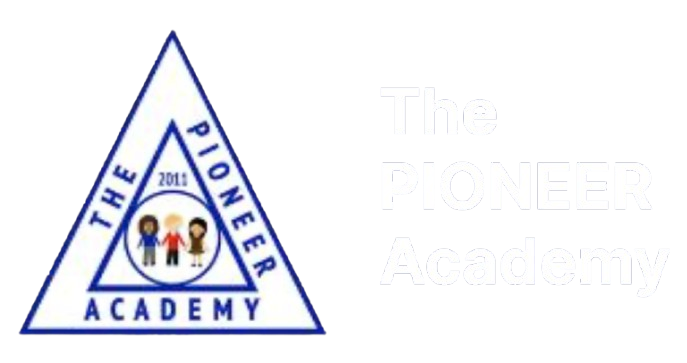Home | Learning | Curriculum | Subjects | Science
Science
Respect
Aspiration
Honesty
Tolerance
Caring
Responsibility
Science Curriculum Intent
Science is a systematic investigation of the physical, chemical and biological aspect of the world we live in and beyond. The study of science enables children to think creatively to understand and explore the world around them.
‘Equipped with his five senses, man explores the universe around him and calls this adventure SCIENCE.’ (Edwin Powell Hubble, astronomer 1889-1953.)
We intend to work towards the following aims within our teaching and learning of Science at Ightham Primary School:
- To develop pupils’ knowledge and understanding of Science.
- To build on pupils’ curiosity and sense of awe of the natural world, and promote their interest and enjoyment in Science.
- To use a planned range of scientific enquiry and practical activities to give pupils a greater understanding of scientific facts and concepts.
- To advance pupils’ ability to measure and record in an appropriate manner including the use of diagrams, graphs, tables and charts.
- To provide enrichment opportunities, which effectively foster pupils’ cultural capital in Science.
Through their work in science, children will gain the knowledge and understanding to begin to make sense of phenomena and events in our world today. The main aspects of Science to be studied will be determined by the Programmes of Study of the National Curriculum and supported by the Kent Scheme of Work.
At Ightham Primary School, we value Science because:
- It makes an increasingly important contribution to all aspects of life
- All children are naturally curious about their local environment and Science makes a valuable contribution to their knowledge and understanding of our world.
Our science vision statement and principles (developed by pupils and staff) reflect these key ideas:
“At Ightham School, we will enjoy following an enquiry and knowledge-based curriculum to inspire curiosity and improve our understanding of the world.”
Principles:
- Ask and answer questions
- Use scientific vocabulary
- Record and share what we find out.
- Challenge ourselves
- Explore and investigate
- Retrieve and build on prior knowledge
- Make links with other subjects
- Use practical equipment
- Have fun!
Science Curriculum Implementation
Teaching and learning is based on Rosenshine’s principles. It is coherently planned and sequenced towards cumulatively sufficient knowledge and skills for future learning. Prior learning is activated through the use of retrieval practice to ensure the children know more and learn more over time.
‘I do, we do, you do’ at Ightham Primary School
Knowledge lessons always begin with retrieval practice, followed by ‘I do’, then ‘We do’ then ‘You do’ to ensure a gradual release of responsibility.
Teachers continually assess throughout the lesson to ascertain children’s understanding and be prepared to move back a stage if required. Depending on the understanding of the children, ‘we do’ should be extended to ensure all children are secure in their knowledge. If the children are not ready, the teachers should not move onto ‘You do’. A knowledge lesson could be taught over more than one lesson as a result of assessment for learning where the ‘you do’ part is covered in a subsequent lesson.
Following knowledge lessons, children will be given the opportunity to apply the knowledge through enquiry and investigative tasks which need to be clearly modelled, scaffolded and adapted as required, to meet the needs of the individual children.


